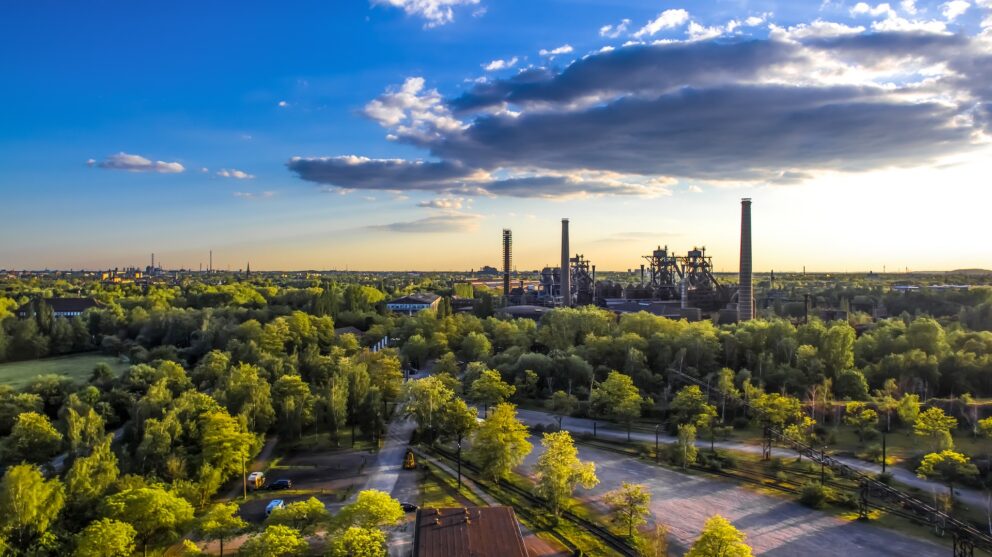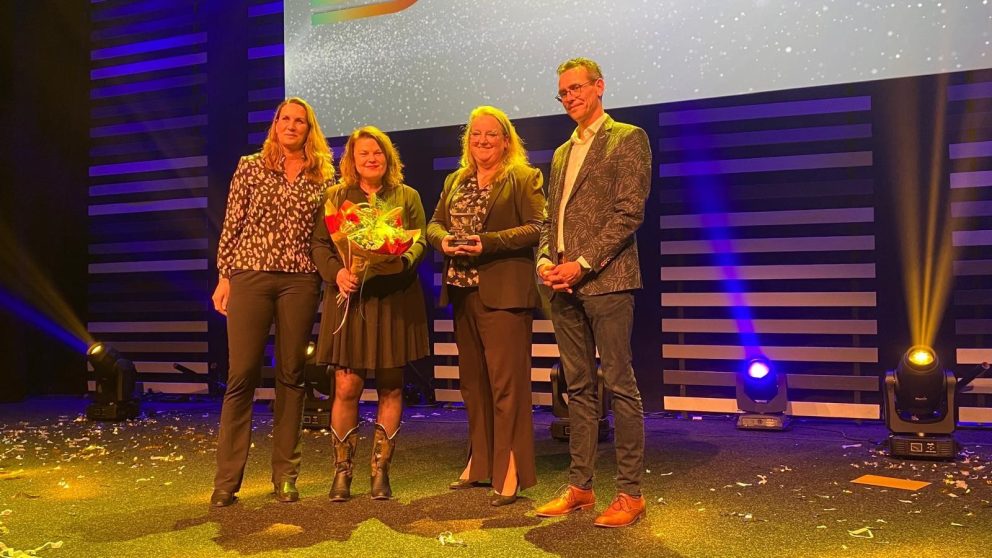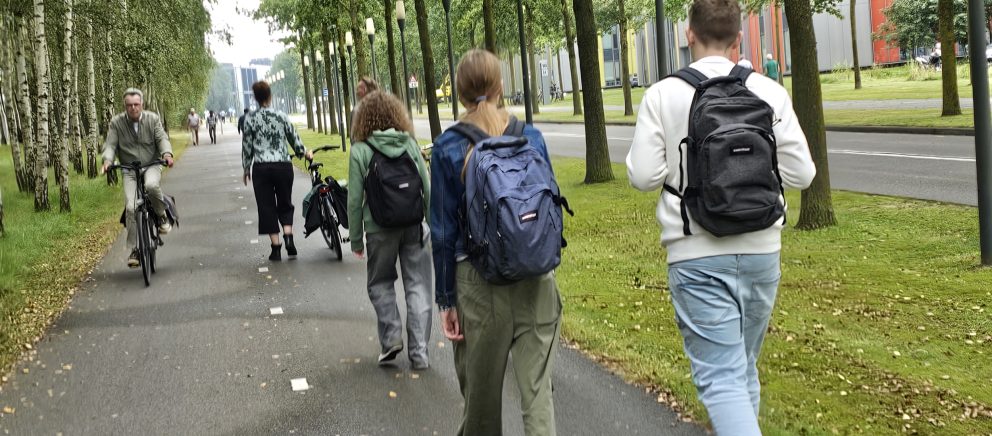Industrial estates in the Netherlands will be transformed in the coming years into green, climate-proof and energy-efficient places, where employees can work comfortably in a healthy environment.
In the ‘Working Landscapes of the Future’ program, unattractive barren industrial estates in The Netherlands are transformed into work locations where employees can thrive. In addition, risks of heat and flooding are limited by using largely green and natural solutions on roofs, facades, parking lots and walking paths in public spaces. Work is also being done on sustainable energy generation, promoting a circular society and strengthening biodiversity.
From grey to green
A broad coalition of about thirty involved parties, including Yuverta, joined forces last year to create this program. The application to the National Growth Fund was supported and submitted by the Ministry of the Interior. This is extremely necessary since of the current 100,000 hectares of industrial estates in The Netherlands, only 1 percent consists of ‘natural elements’. As a result, 87% of the 3,500 industrial estates are sensitive to flooding during heavy rainfall. In addition, it is expected that if nothing changes, in thirty years the average perceived temperature on a summer day on an industrial estate will have risen to 40.8 degrees Celsius.
Greenery ensures better mental health
These problems are removed by greening the industrial estates, and furthermore, they will become more attractive for employees. This is important because more than a third of long-term absenteeism has a psychological cause and is related to work pressure. All kinds of research shows that greenery ensures better (mental) health and helps against stress. Moreover, industrial estates offer great opportunities for biodiversity, which is under serious pressure in The Netherlands. After all, almost 500 industrial estates are located less than 500 meters from a Natura 2000 area.
Green Livable City Practorate
The Green Liveable City practorate will have an important role in this program, with applied research and the realization of living labs with students and the business community.
For more details on the program, please read the following article:







